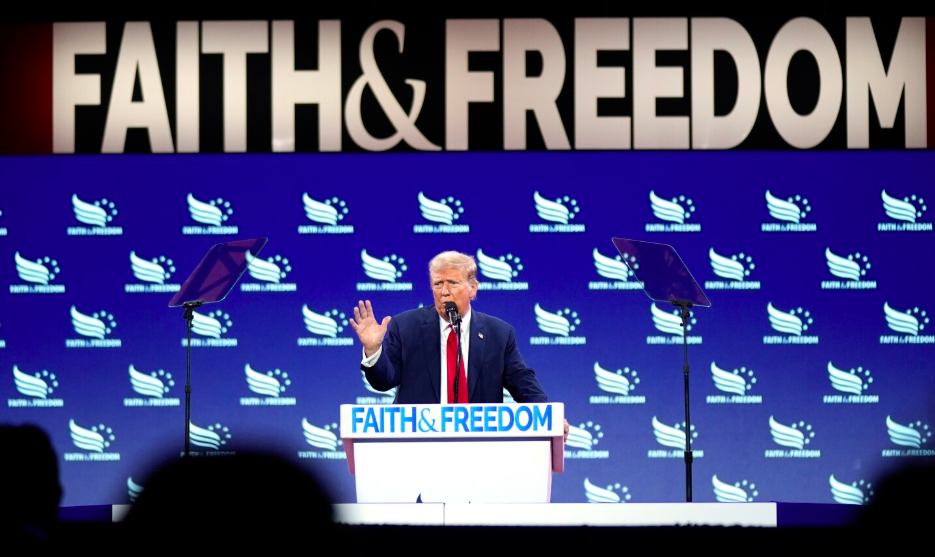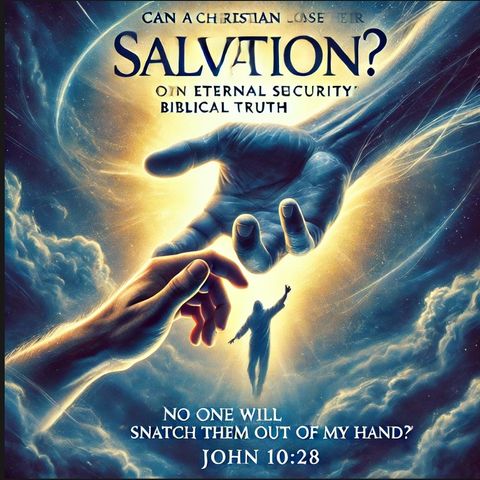Christian Voters Propel Trump to Victory in 2024 Election
Christian voters played a decisive role in securing Donald Trump’s victory in the 2024 presidential election, according to newly released data and post-election analysis. The significant turnout of faith-based voters was credited with tipping the scales in several battleground states, delivering a second term to the 45th president and bolstering conservative leadership across the nation.
New Podcast! Trump’s Nominees Rock DC – ET Talk
Data Highlights Christian Voter Impact
A study by Arizona Christian University’s Cultural Research Center underscores the magnitude of the Christian vote in the 2024 election. The report revealed that 80% of self-identified evangelical Christians cast their ballots for Trump, compared to just 15% who supported Joe Biden.
The turnout among evangelical Christians, estimated at 63% of eligible voters in this demographic, significantly exceeded the national average voter participation rate of 58%rna, the lead researcher of the study, described the results as “a clear mandate from a substantial portion of the American electorate.” He noted that the findings align with long-standing values among Christians who prioritize religious freedom, parental rights, and pro-life policies.
The Washingtchoed these conclusions, reporting that Trump’s strong stance on cultural and moral issues resonated deeply with voters of faith. His repeated commitments to protecting religious liberty and appointing conservative judges were pivotal in maintaining loyalty among this group.
Christian Turnout in Battleground States
The influence of Christian voters was particularly evident in swing states, where tight races ultimately broke in Trump’s favor. Florida, Georgia, and Pennsylvania all saw higher-than-average evangelical voter participation, reflecting what experts described as “mission-driven voting.” For many Christians, the election was seen as a moral imperative to safeguard traditional values under threat from progressive agendas.
David Closson, a policy expert with the Family Research Council, noted the unique energy behind this year’s turnout. “There was a widespread belief among Christian communities that the stakes couldn’t be higher,” he said. “People showed up because they saw this election as a defining moment for their values and for the future of the country.”
A Testament to Conservative Messaging
The overwhelming support for Trump among Christians highlights the enduring appeal of his administration’s conservative policies. Over the past four years, Trump strengthened his base by delivering on key promises, including the repeal of federal funding for abortion providers, expanding protections for religious groups, and confronting ideological indoctrination in schools.
Many conservative analysts view the results as a rejection of progressive policies that undermine parental rights and religious liberties. These concerns resonated deeply with families who felt increasingly marginalized by the Biden administration’s policies.
From a broader perspective, Christian voters demonstrated a strategic understanding of their influence. By uniting behind Trump, they ensured that their voices would not only be heard but that their priorities would shape national policy for years to come.
Criticism and Resilience
Despite their decisive impact, Christian voters faced criticism from left-leaning commentators, who accused faith-based groups of prioritizing ideology over inclusivity. However, many Christians rejected such claims, viewing their participation as a defense of foundational American values.
Commentary from conservative circles emphasized the resilience of these voters, who withstood social and cultural pressure to vote their conscience. Dr. Barna noted, “This election proved that the Christian vote remains a powerful force when galvanized by a clear message and shared goals.”
The Path Ahead for Trump’s Administration
As Trump prepares for his second term, the role of Christian voters is expected to remain central to his agenda. Key policy areas like school choice, pro-life legislation, and bolstering religious freedom are likely to take priority. Conservative leaders have called for continued engagement with faith-based communities to sustain this momentum.
The results of the 2024 election reaffirm the enduring partnership between Christian voters and conservative leaders. In an era marked by cultural division, their impact serves as a reminder of the importance of conviction and unity in shaping the nation’s future.

